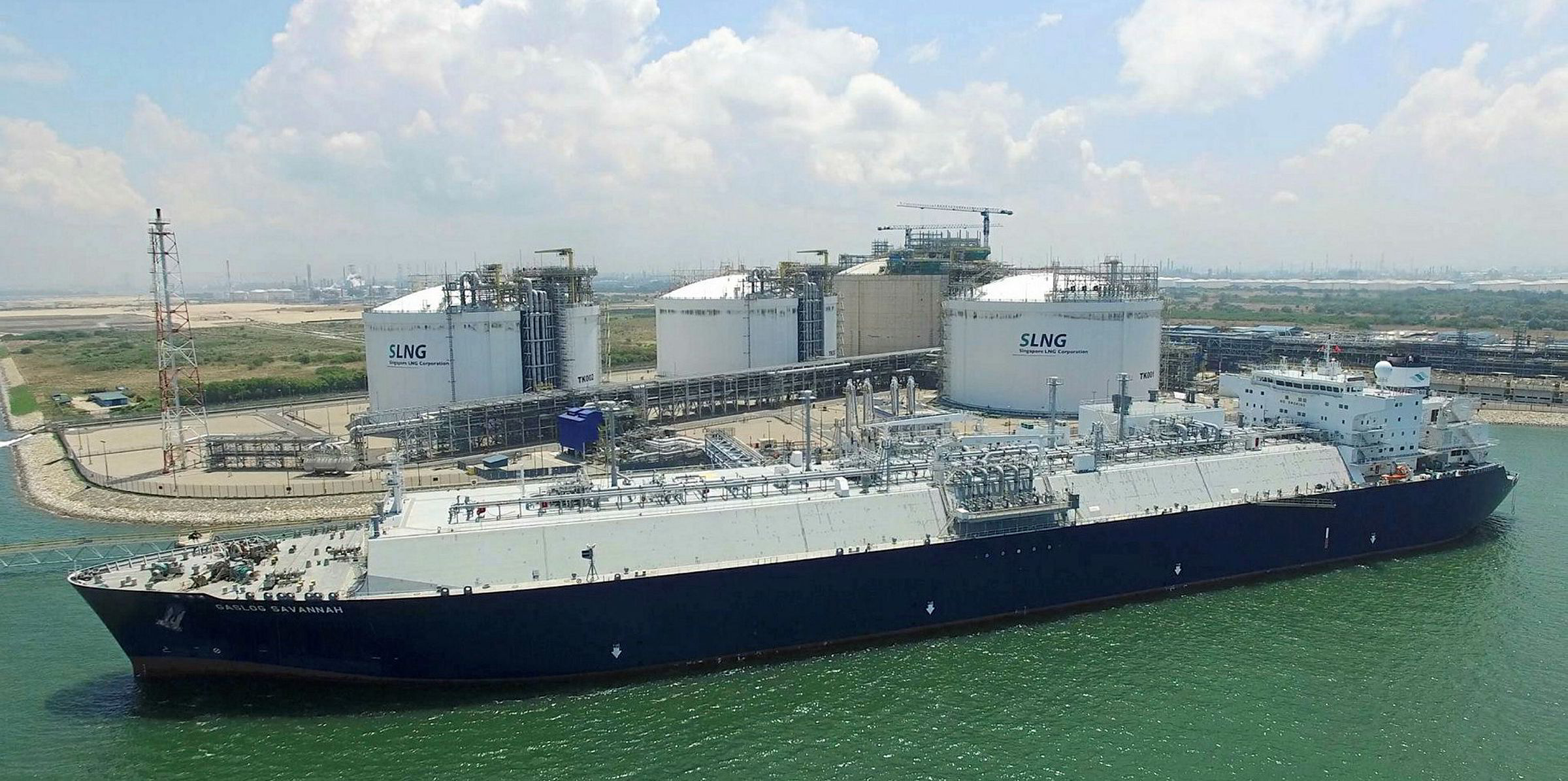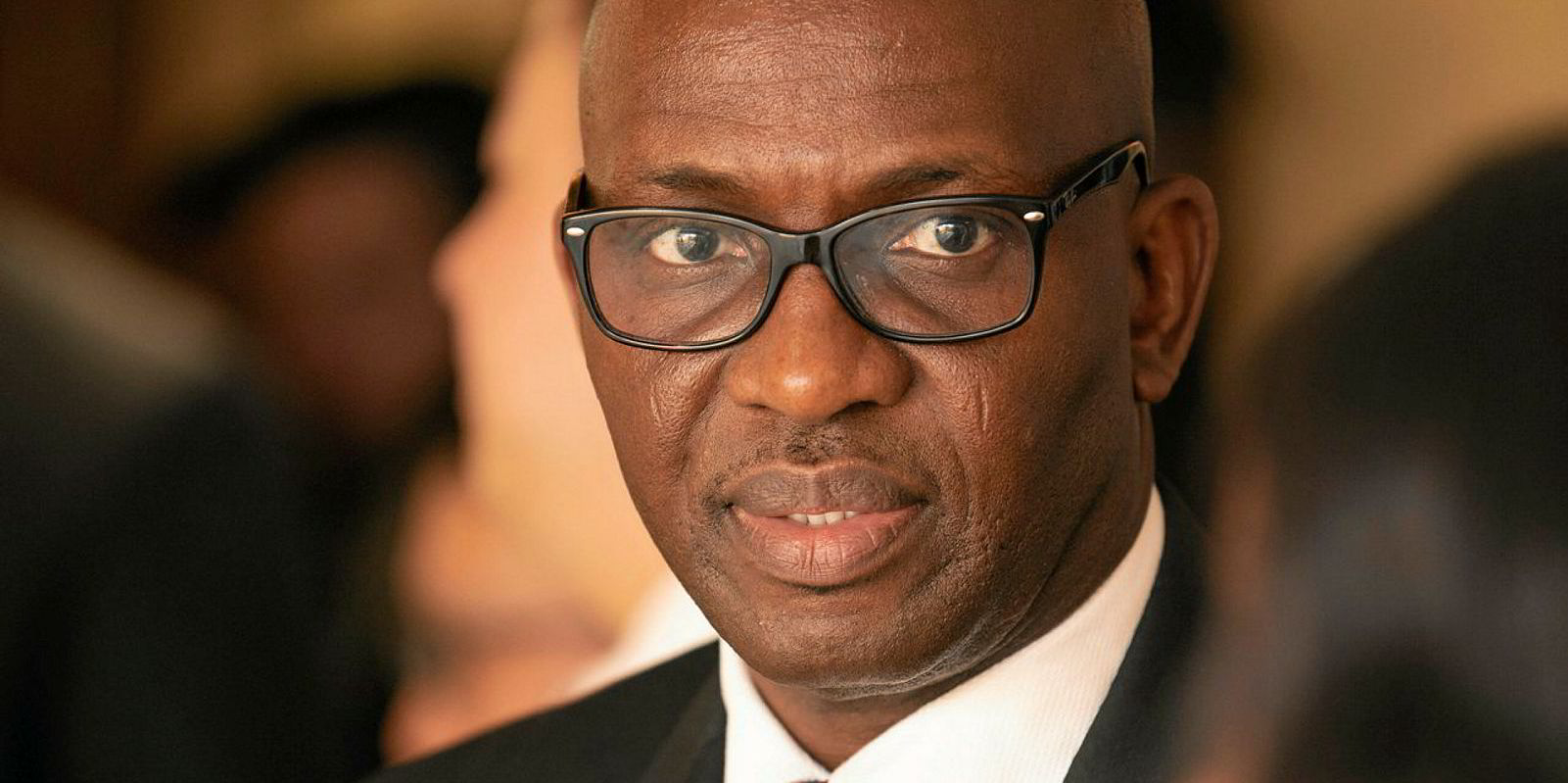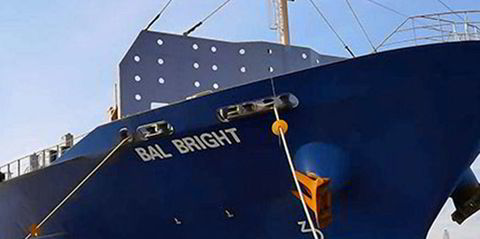Demand for LNG floating storage is expected to increase into the winter period but LNG charter rates will remain weak due to a well-supplied shipping market, according to Poten & Partners.
In its “Winter is coming” webinar, Poten’s manager for short-term forecasting Kristen Holmquist, showed the commercial team’s latest forecast of time charter equivalent rates for 160,000-cbm tri-fuel diesel-electric vessels as falling well below the $60,000 per day mark for fourth quarter when demand is usually at its highest.
The broker’s figures show only a slight recovery for 2021 when levels are forecast to hit the $60,000 mark during the same period, way down on the six figures rates seen during this time in the last two years.
Loose market
Acknowledging the widespread talk of market improvement, Holmquist said: “A tightening shipping market might improve rates but we are still not seeing anything like what we saw last year.”
She said rates will remain quite weak, with the shipping market for LNG is expected to be "quite loose."
Holmquist said part of the reason the shipping market stays long on vessel is that LNG growth is not as high as expected so overall there is a surplus supply of vessels.
Poten does see LNG storage filling ahead of the winter months, as it did in 2019.
Holmquist said that from the forward price curve, there is no economic incentive to cancel cargoes going forward.
“If there is any back up in volumes we could expect more floating storage as European LNG storage fills up.”
Holmquist said the past few months have seen “an extraordinary period of weakness” for the LNG market.
She said feedgas at some liquefaction plants has been approaching zero and there have been very few cargo loading.
US cancellations have helped balance the market and Europe has absorbed surplus supply.
Holmquist said the situation is now “looking up.”
She said US cargo cancellations for October are expected to be “minimal” with the forward price curve suggesting these will completely phase out. US exports are forecast to be higher than last winter as new capacity is used.
Weather and economic growth are going to be key factors that will determine the near-term market. But Holmquist also warned that earlier cargo deferrals for Japan and South Korea will deliver this winter cutting spot imports for those buyers.
She highlighted some bright spots such as increased LNG buying from India and Bangladesh. However, she said these are price sensitive and not enough to tighten the market to anything like what seen prior to the pandemic.
LNG demand is increasing but will still be muted this winter, she added.







